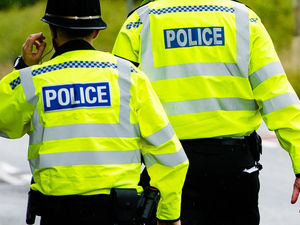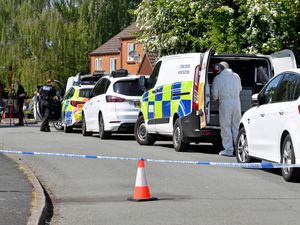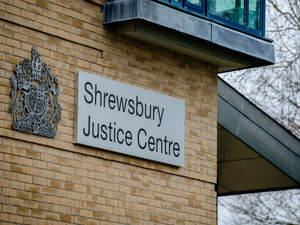Police should be asked if they want more industrial rights, says federation chair
Police officers should be given the chance to say if they want the right to strike, according to incoming West Mercia Police Federation chair Barry Horton.

Workers from across the public sector have taken industrial action in recent months as part of their battle for fair pay and conditions in the face of a cost of living crisis and soaring inflation.
As Crown servants rather than employees, police officers do not have the same rights as nurses, teachers, doctors and other key workers – but their pay is worked out using a similar mechanism.
Mr Horton said: “The Government wants to treat police officers the same way it treats other public sector industries by placing our salary decisions in the hands of the Police Remuneration Review Body.
“But this is clearly unfair because we have none of the rights that our public sector colleagues enjoy when it comes to standing up to be heard on pay – something which they have exercised recently and are likely to continue doing over the coming months.
“The issues that other workers are pushing back on are exactly the same as we face – pay and conditions.”
Mr Horton, who takes over as chair of West Mercia Police Federation this week, added: “Our current pay uplift request is 17 per cent which would only put right the cuts to our pay over the last decade.
“Workers in other public sectors have taken industrial action over pay and conditions but our members have no redress as the law currently prohibits such action by police officers.
“So perhaps the time has come to ask police officers if they would want to campaign for industrial rights?
“Industrial rights take many forms and do not always end up in taking strike action but I believe we should be asking our members if they want us to raise the issue of industrial rights on their behalf.
“The Police Federation is a member first organisation where we respond to members’ views and opinions, not just those of the people at the top.
“Our members should be given the opportunity to have their say.”
The police service gave up its recourse to industrial action to settle disputes more than 100 years ago.
The country was thrown into turmoil between 1918 and 1919 when more than 50,000 police officers, under the guidance of the National Union of Police and Prison Officers (NUPPO), went on strike after repeated calls for fair pay and work conditions in the wake of the First World War.
Eventually the government of the day backed down and promised fair pay to police officers in return for them giving up the right to strike and brought in the Police Act 1919.





